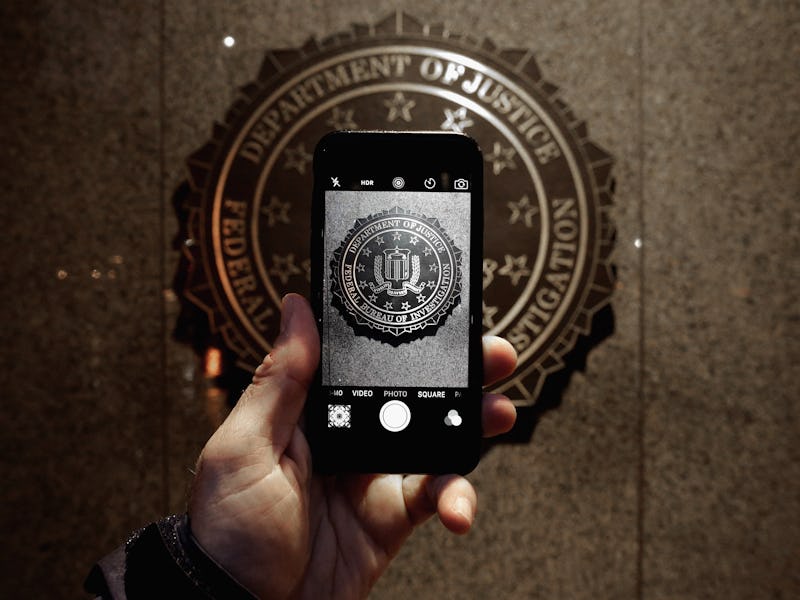The Apple iPhone's Biggest Weakness Has Come Into Focus
Is it the beginning of the end?

The FBI may have withdrawn its legal argument to force Apple to help it unlock an iPhone, but several prominent critics are arguing the law enforcement actually triumphed. The reversal might have been viewed as a victory for Apple, except for what came next: The FBI had broken in without Apple’s help, enlisting a still-unknown, mysterious “outside party.” This strategic defeat threatens to undermine the company’s plans to mold itself into the bank of the future.
Apple may still be minting money off the iPhone, but no technology company is ever truly capable of resting on its laurels. With the iPhone approaching its ten-year anniversary, Vivek Wadhwa, a prominent researcher, wrote in a Washington Post Op-Ed, that Apple is beginning to look more and more like an IBM from the 1990s, incredibly valuable for what it does today but a little behind the times. It has more money than it knows what to do with, and yet it has been a distinctly second-tier competitor in virtual reality, autonomous driving and even mobile innovation. Now, with the FBI showing it who’s boss, the door to continued innovation may be closing.
And Charlie Stross believes the failure of Apple’s encryption to prevent FBI intrusion may doom the company’s future as a bank and payment system. Apple’s insane wealth makes it uniquely suited to provide financial services to its customers, but no one is going to turn to Apple to store their money if they know its safe can be unlocked. And the FBI’s plan to build an alternative iOS to hack into the iPhone would have destroyed the long-term security of the operating system.
Apple chief Tim Cook may have fought to a stalemate on the legal principle of the government’s ability to force the company to hack around its own encryption to aid a criminal investigation, but it also proved that despite Apple’s size and stature, it doesn’t really stack up to the federal government. If the FBI wants to break into the iPhone or any other supposedly secure digital platform, it is going to find a way to do that. And if the federal government can do it, it’s reasonably likely that other governments, if not individual hackers or hacking collectives, can pull it off as well.
The FBI's court order demanding Apple hack the San Bernardino iPhone triggered protests against the law enforcement agency around the country.
Since we still don’t know how the FBI beat Apple’s encryption to break into the iPhone, it’s impossible to say whether the law enforcement agency has beaten encryption altogether or simply the current iOS. Apple may be able to save its security if the law enforcement agency simply found a backdoor through the particular iPhone used by the San Bernardino shooters. But it will still have to contend with the FBI seeking access to more secure versions of the iPhone in the future.
It’s clear that Apple has decided its way forward is through absolutely secure connections with its products, so the recent hack by the FBI constitutes a major setback to earning the public’s trust. If Apple doesn’t learn to strike the right balance of security and government access, it may find its most promising markets closed, with consumers unwilling to leave traditional banks for a patchy tech company. It’s a critical moment in digital technology, and the consensus is that, as of now, Apple is slipping.
The FBI may have dropped its recent lawsuit against Apple, but the two may find themselves at odds again soon.